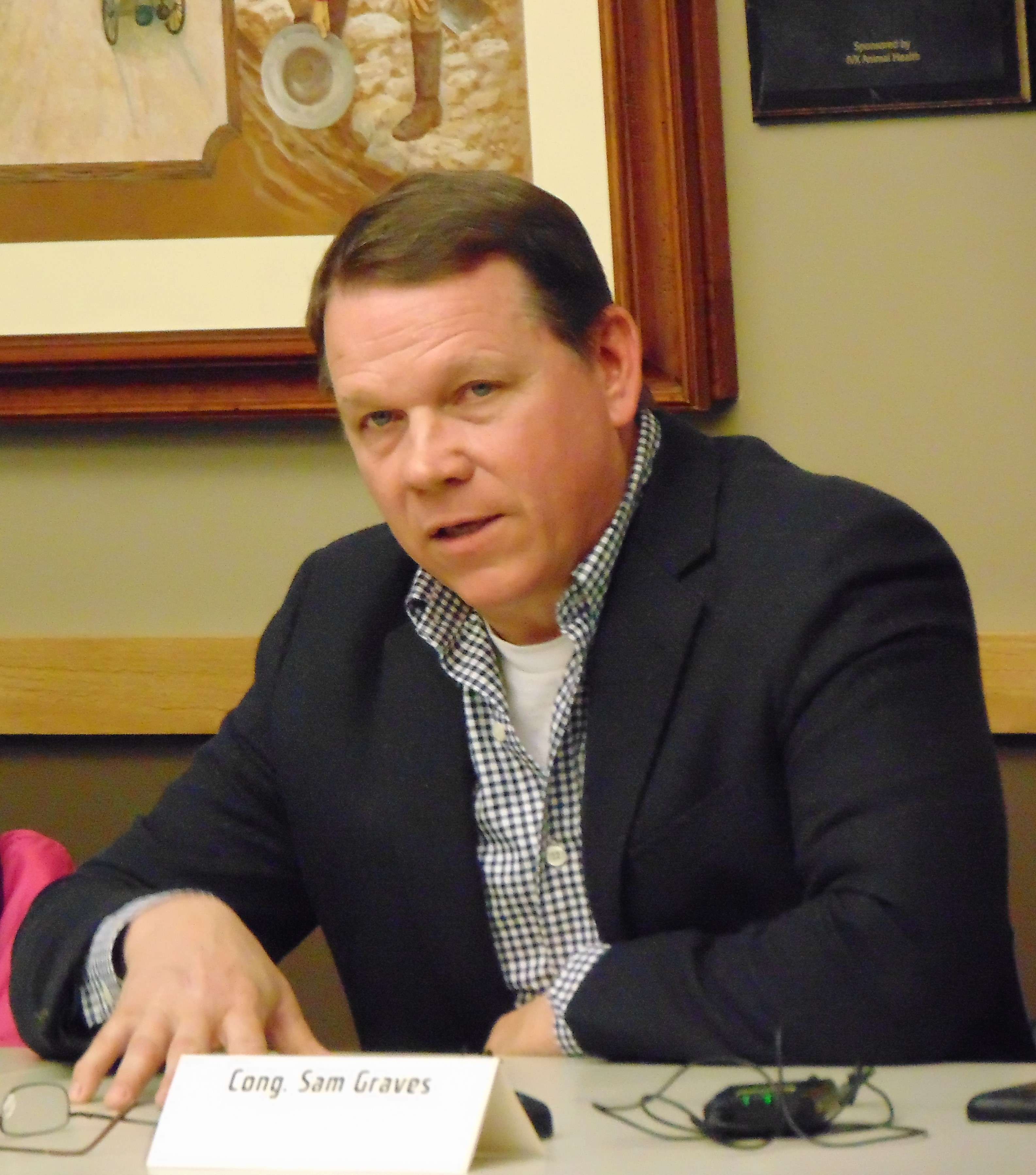
By BRENT MARTIN
St. Joseph Post
Northern Missouri Congressman Sam Graves applauds a federal judge’s decision that stopped a controversial regulation proposed by the Biden administration from going into effect.
The ruling by the U.S. District judge in North Dakota halts implementation of the Waters of the United States rule, known as WOTUS, from going into effect in 24 states.
Graves, a Republican, succeeded in passing through Congress his bill to overturn WOTUS only to run into a presidential veto, which he says he will attempt to override.
“We have to get two-thirds or super majority in both chambers which is going to be a pretty heavy lift. It probably won’t happen,” Graves tells KFEQ/St. Joseph Post. “Again, unfortunately, the president chose to turn his back on farmers and ranchers out there.”
Graves managed to get his resolution approved by the United States House on a 227-198 vote. It passed the Senate on a 53-43 vote, despite the Senate being in the hands of Democrats.
Graves says he knew he would succeed in the Senate, even though some Democrats were forced to vote against a fellow Democrat in the White House.
“Simply because there are a lot of senators over there that represent rural states,” Graves says. “This impacts rural areas more than anywhere else and those senators simply can’t go home and be able to explain why they turned their back on their farmers and ranchers. So, the Senate vote didn’t surprise me at all. I was very pleased with it.”
Graves will mount a veto override attempt, though the margins are far too narrow for the two-thirds necessary to overturn the president and make the issue law.
Graves has a better shot with the courts.
The United States Supreme Court is considering a separate case in which an Idaho couple sued the EPA because it would not allow the couple to build a home on what it deemed a wetland.
Graves is hopeful the Supreme Court overturns the rule that he and other opponents call federal overreach. Still other critics contend the Biden administration just like the Obama administration are attempting to go well beyond the definition of “navigable waters” place in the Clean Water Act when passed by Congress in 1972. The administrations have argued that the rule would protect the waters that feed into larger bodies of water and that it is within the authority of the EPA.
“I think the ruling will be in our favor,” Graves says. “It’s hard to tell at this point, but the fact of the matter is this is government overreach, far exceeds too much overreach. So, I’m hoping that the courts rule in our favor.”
The Supreme Court heard arguments in Sackett v. The Environmental Protection Agency in October. The EPA has prevented the Sacketts from building on their property near Priest Lake in Idaho near the Canadian border.
A ruling is expected later this year.








